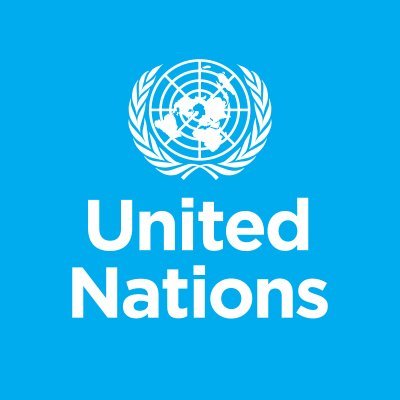The United Nations International Peace and Governance Council has advised African countries to negotiate and deepen regional integration in a bid to eliminate insecurity and achieve economic emancipation.
This was contained in a statement on Sunday during the 14th edition of the Pan-African Leadership Symposium and Honours held in Lagos.
Speaking on the implications of the exit of Burkina Faso, Mali, and Niger from the Economic Community of West African States, the 2025 presidential candidate in Côte d’Ivoire, Ousmane Camara, raised concerns over the possibility of future exits of many other African countries.
He urged African leaders to foster peace and unity, advising them to shun external interference.
He added that more countries might follow the recent exits of Burkina Faso, Mali, and Niger, as ECOWAS faces a deepening crisis.
“Whoever gives is the master of the decision. As long as we have ECOWAS being funded by the European Union, by Canada, the US, and small entities, it will still go around like this.”
“So, it is a call for the responsibility of African leaders who are part of ECOWAS to change the way they are doing things. Otherwise, you will see more countries leaving ECOWAS.”
“It goes to our countries, we can change all of this in the next five or 10 years, but one person cannot do it; we have to do it as a union.”
“I will serve a call for the Nigerian government and Nigerians as a whole. You are the strongest black African country on this continent. Please, stand by Burkina Faso, Niger, and Mali.”
“Help them accomplish their dreams because that dream will inspire the next generation of leaders of Nigeria, and I think that is your duty now,” he said.
In his lecture titled, ‘Arbitration and Negotiation: Panacea for Resolving Emerging Conflicts in Africa,’ Prof. Roland Otaru, SAN, stressed the need for Alternative Dispute Resolution mechanisms to resolve lingering disputes among African countries.
“These mechanisms for resolving disputes of whatever nature were part of African culture and socio-economic development.”
“Arbitration as a method of settling disputes is a tradition of long-standing in Africa,” he said.
He noted that many African countries had been embroiled in conflict before colonial rule, stressing that they resolved disputes through customary law.
He emphasised the need for African countries to adopt customary law to resolve lingering disputes among themselves.
“Conflict is a significant part of human existence. Therefore, it is expected that Africans would have a method of settling disputes before the advent of colonial rule.
“Referral of a dispute to a layman for decision has deep roots in the customary law of many African communities. Such a method of dispute resolution was only for the wise men or the chiefs, who were the only accessible judicial authorities.”
“This tradition still persists in certain villages and communities in Africa despite the centralized legal system and the attendant efforts at modelling and reforming the legal system,” he said.
The Pro-Chancellor and Chairman of the Council, University of Jos, Senator Grace Bent, spoke on the topic ‘Nexus Between Good Governance, Security, and Nation Building,’ saying that the bedrock of nation-building is good governance.
“Good governance is a process of making accountable decisions. It ensures that all leaders should embrace the rule of law.
“Nation-building is a process of strengthening the government, fostering unity, and having a sense of belonging. It is about building a national identity rooted in shared values,” she said.
Earlier, the Second Global President and Permanent Representative to the United Nations, Dr Marshal Jonathan Ojadah, said the symposium was aimed at proffering solutions to issues confronting Africa.
“We have taken it as a mandate to promote sustainable peace. We are saddled with the responsibilities of addressing the issues at the front burners on the continent,” he said.




